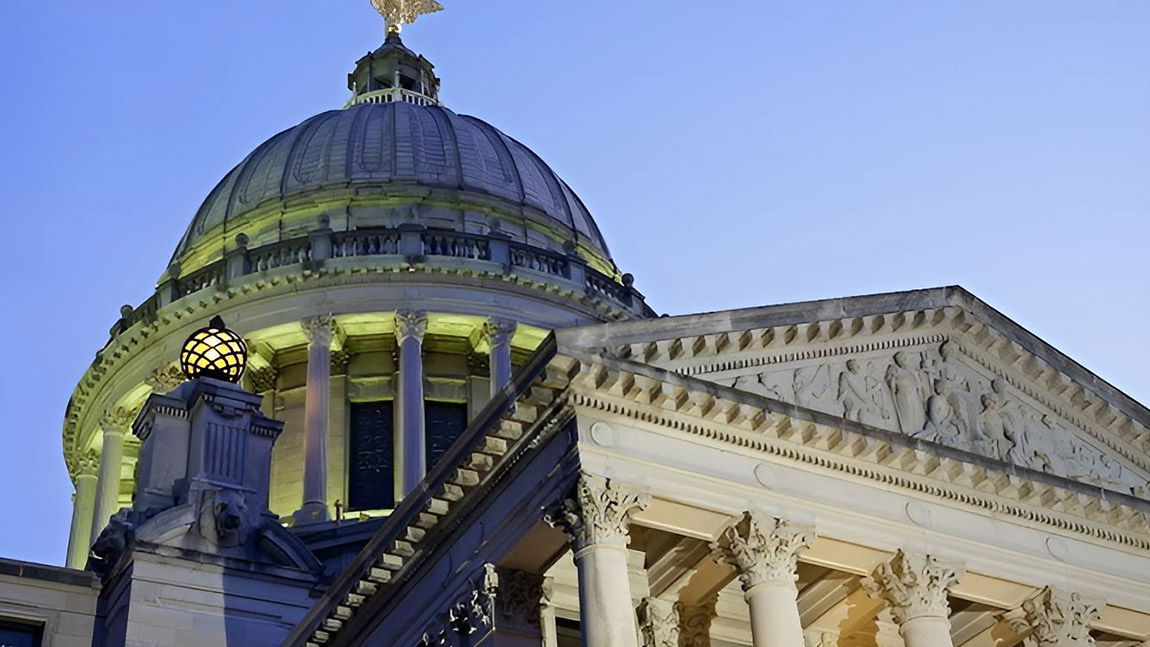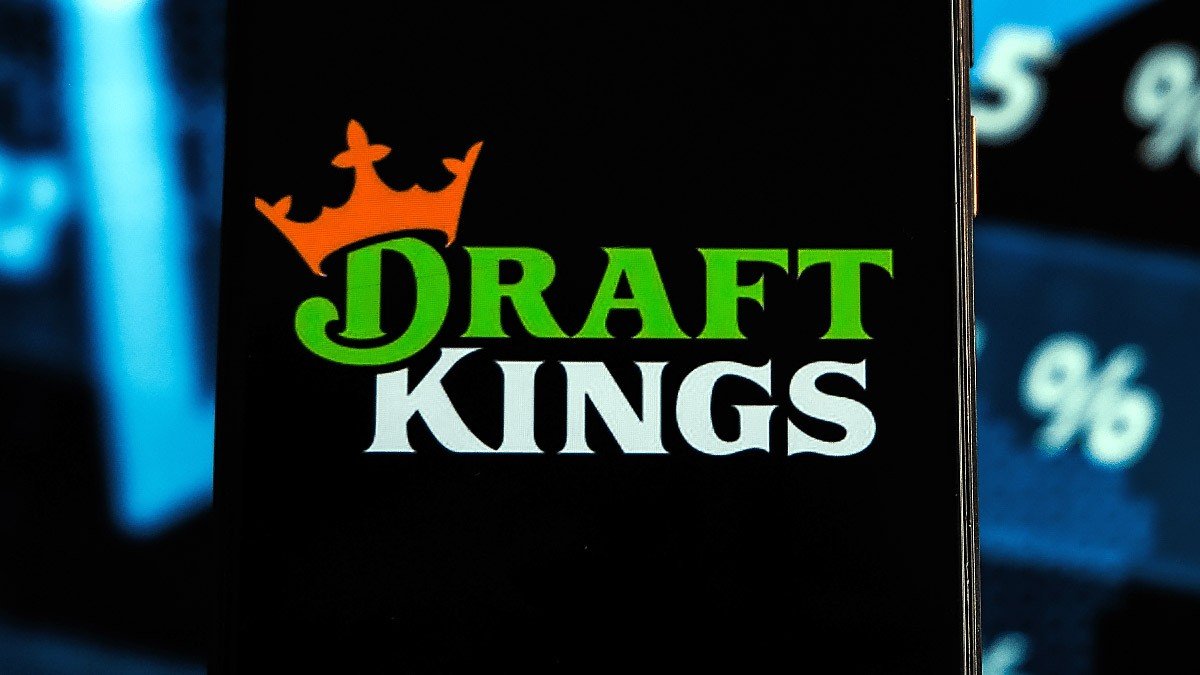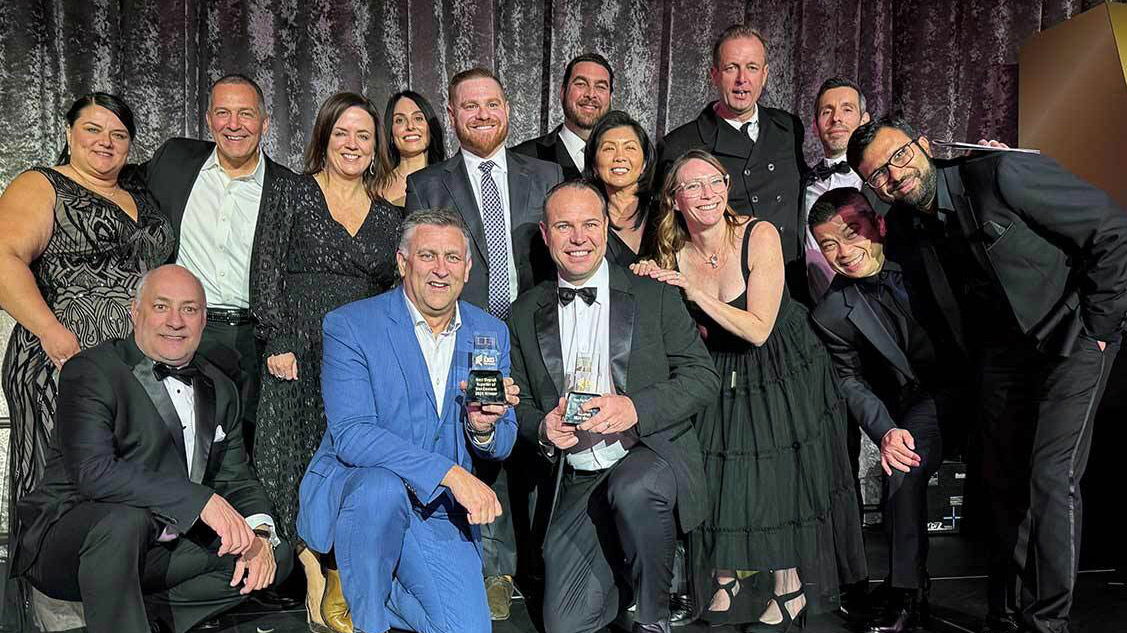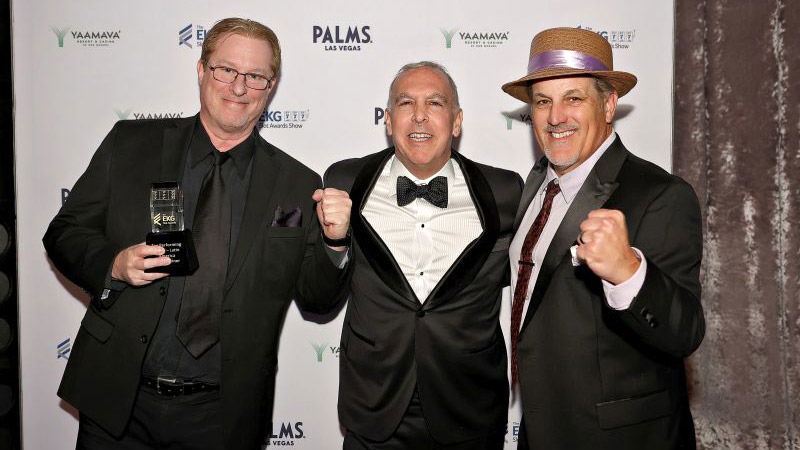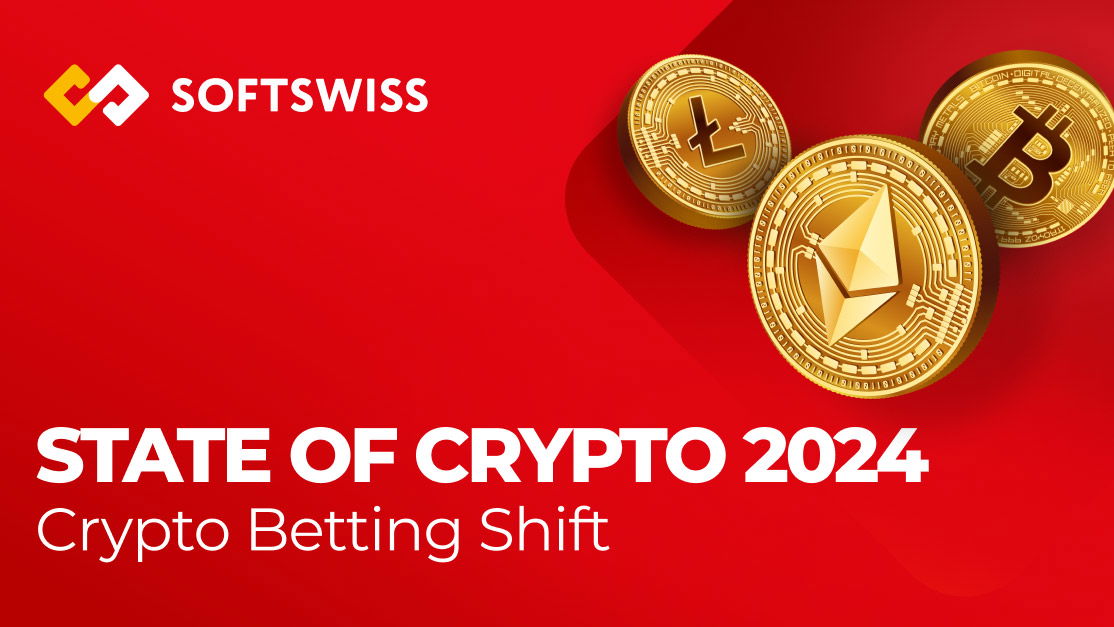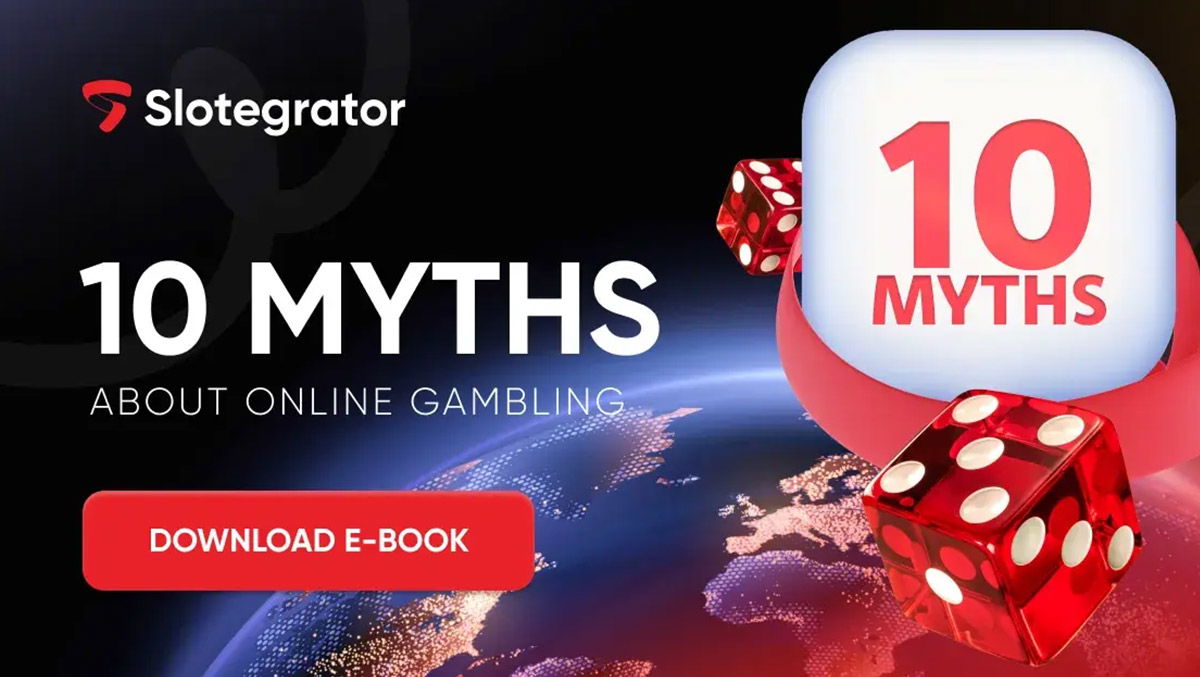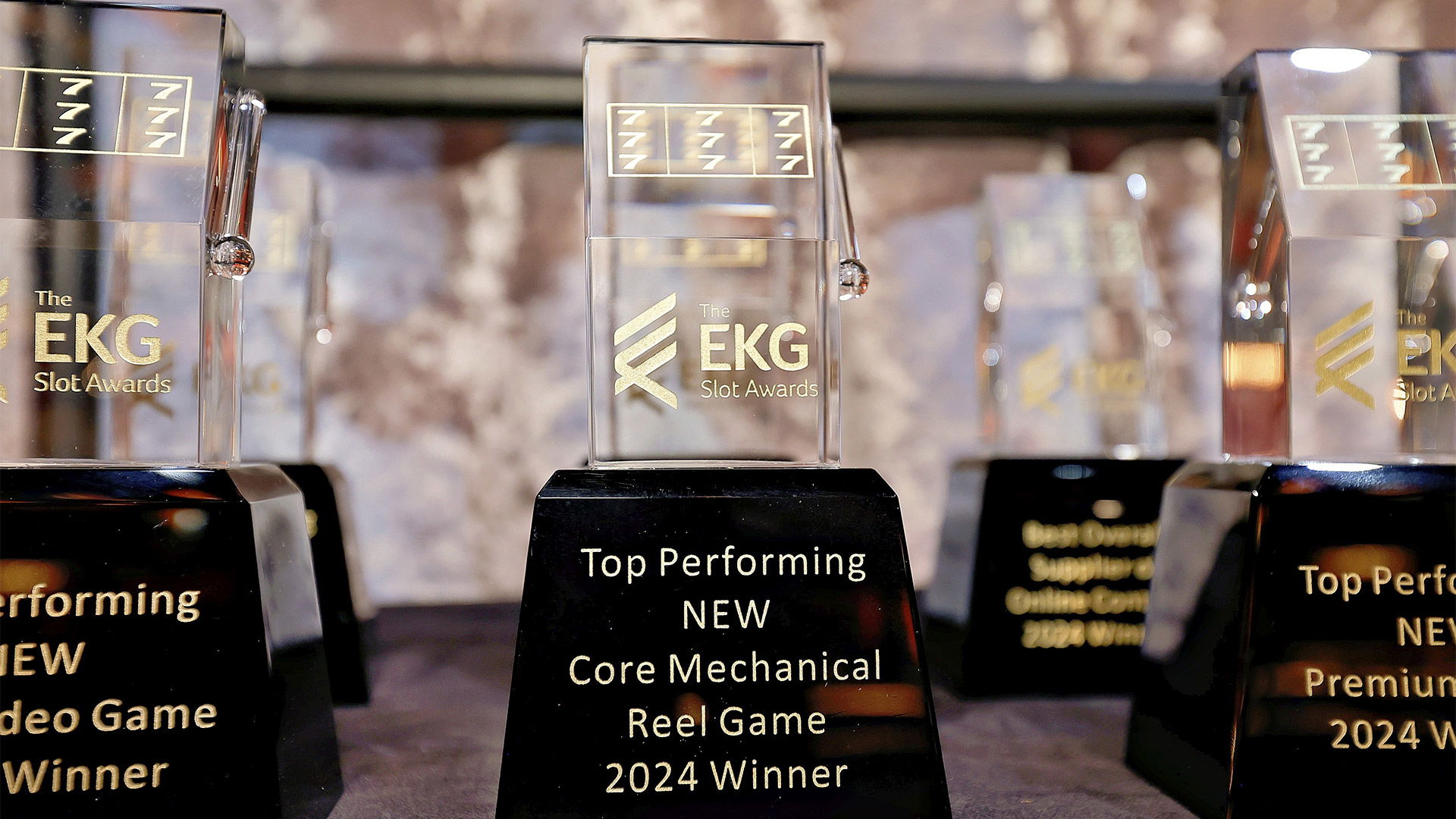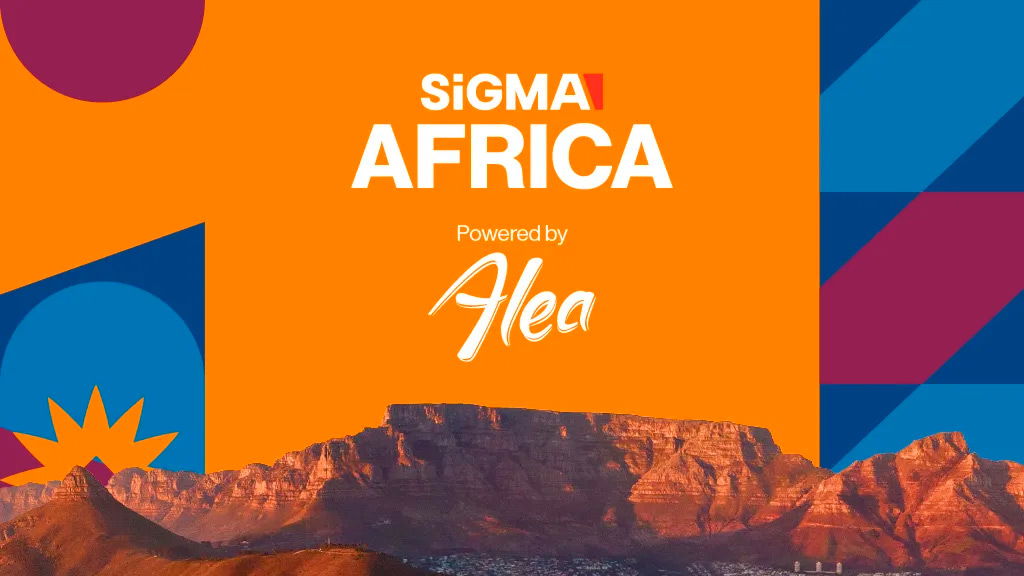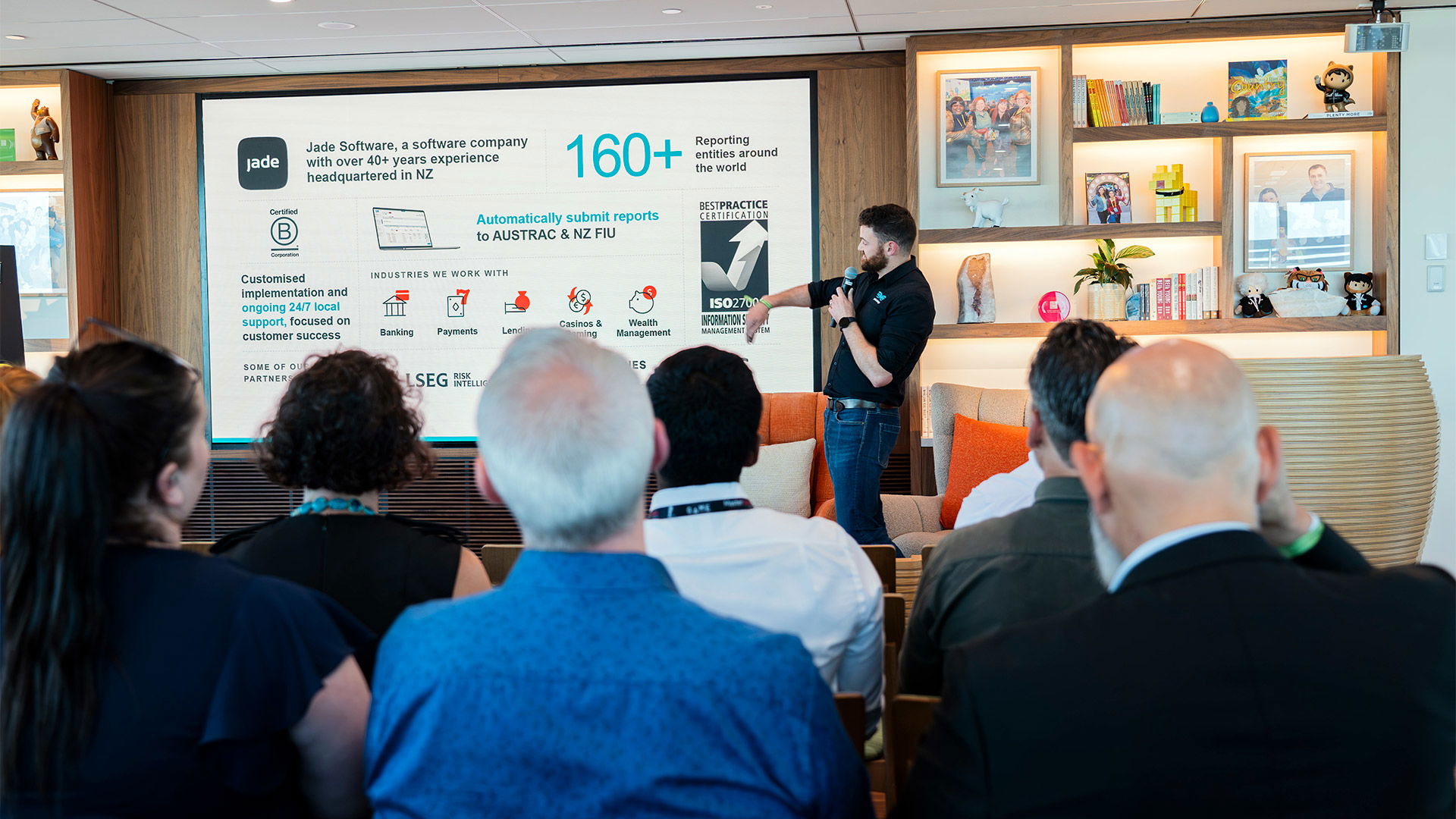NCLGS unveils model legislation for iGaming, proposes ban on sweepstakes
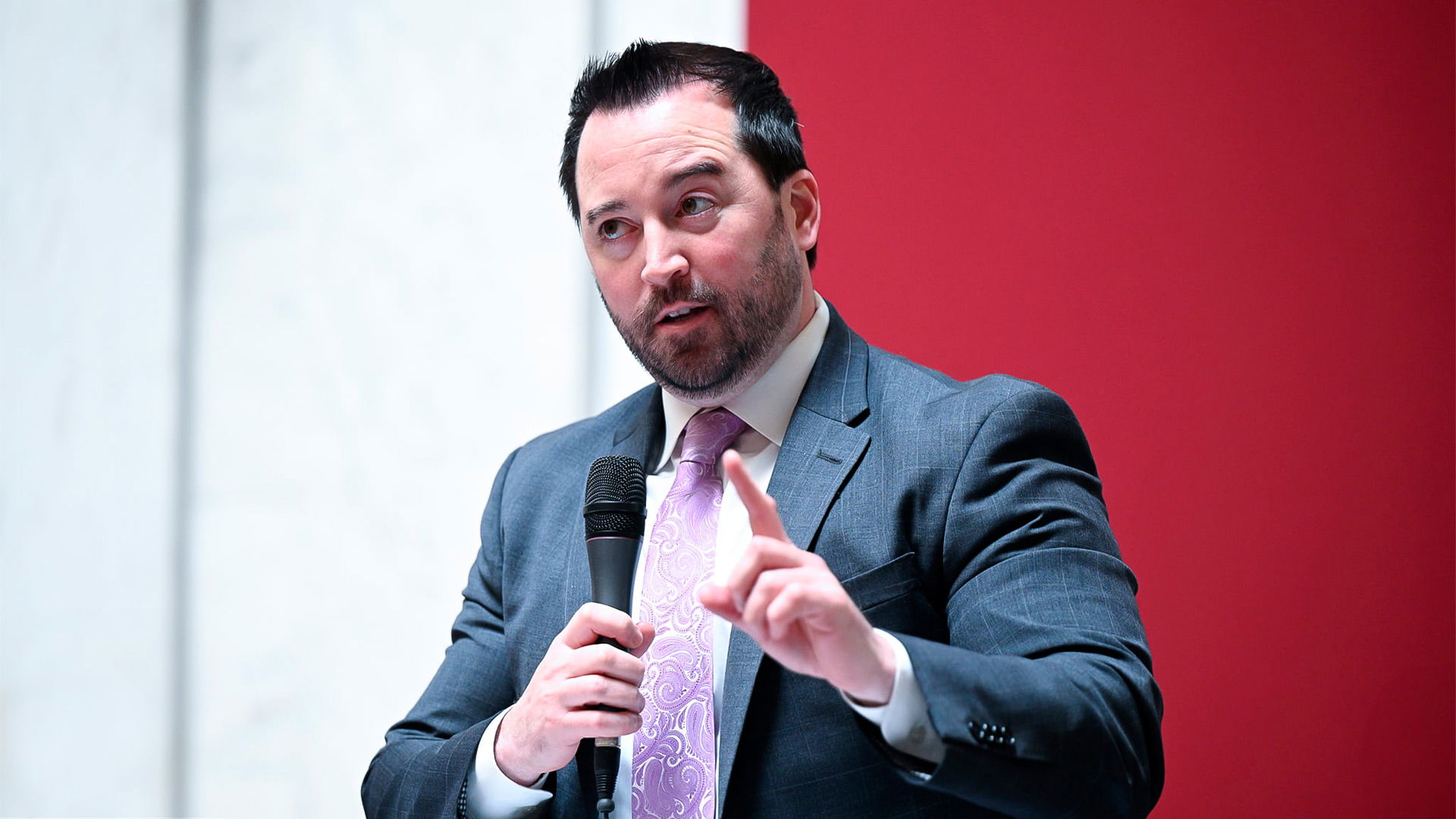
The National Council of Legislators from Gambling States (NCLGS) has released a draft Model Internet Gaming Act (MIGA) aimed at streamlining online gambling regulations across the United States. The framework, open for public comment until December 31, 2024, seeks to provide consistency among states considering iGaming legalization and to address concerns around consumer protection, illegal gambling, and public trust.
“My hope is that by bringing together regulators, legislators and industry stakeholders to provide their expertise for this model legislation, it will be a catalyst in producing public policy that will benefit states for generations to come,” Shawn Fluharty, NCLGS President and West Virginia Delegate, told PlayUSA.
The proposal is designed to complement existing land-based gaming operations while providing flexibility for the diverse gambling landscapes across U.S. states.
The draft outlines comprehensive measures on licensing, taxation, and responsible gaming to encourage adoption by states. It recommends iGaming licenses valid for five years, separate licenses for operators, platforms, and suppliers, and provisions for temporary licenses for qualified operators.
The proposed tax rate ranges from 15% to 25%, which is lower than the current rate in Pennsylvania (36%) and the 55% considered by Maryland senators this year. “A competitive tax rate also allows competitive technological growth without creating a barrier of entry for future market participation,” the draft notes.
Stronger anti-money laundering (AML) and Know Your Customer (KYC) protocols are included alongside restrictions on credit card use for gambling accounts and deposit limits of $20,000 within a 24-hour period.
The legislation also emphasizes responsible gambling initiatives, such as creating a Player Health Program and requiring operators to designate a responsible gaming lead to collaborate with regulators. Advertising would face tighter restrictions, with bans on “risk-free” language and promotions on college campuses.
One of the act’s most notable provisions is a proposed ban on sweepstakes games, described as operating in a “gray sector” of gambling. Penalties for violations include fines ranging from $10,000 to $100,000 and up to two years of imprisonment for repeat offenders.
Sweepstakes have long been considered something of a 'gray sector gambling.' While the model such operators employ is not legally defined as gambling, its similarities cannot be denied either, the draft notes. Tribal leaders and regulators have supported the crackdown, citing concerns over market cannibalization and illegal gambling activities.
NCLGS will discuss the draft at its winter meeting in New Orleans on December 14, 2024, but a vote on adoption is expected in early 2025 to allow for the full public comment period to take place.
“This regulatory framework may be a useful tool for consideration as states embrace the vast potential of internet gaming,” the NCLGS said in a statement, adding that the final version could influence iGaming legislation filed in 2025.
Stakeholders and the public are encouraged to provide feedback on the draft. Fluharty expressed gratitude to the committee and stakeholders, telling PlayUSA: “We look forward to the public comment period and our winter meeting in New Orleans as we take on this important initiative.”
The NCLGS hopes the framework will pave the way for a more unified and responsible iGaming industry in the U.S., balancing economic benefits with consumer protections and regulatory oversight.


